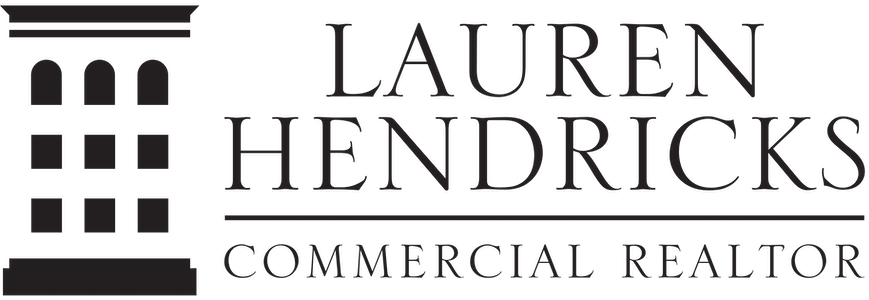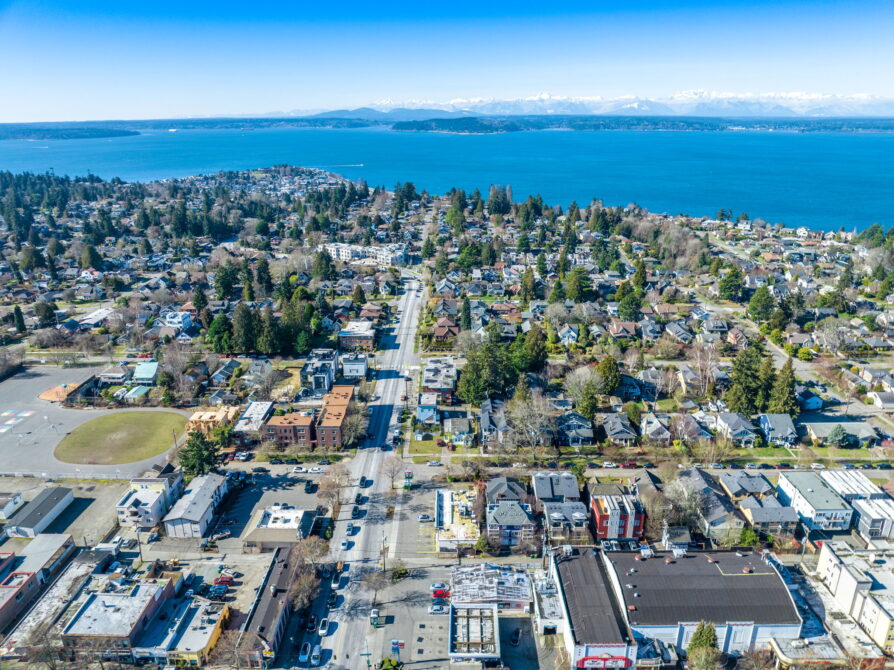Evaluating Properties and Calculating ROI in Seattle’s Commercial Real Estate Market
Investing in commercial real estate can be a lucrative venture, especially in a thriving city like Seattle. As one of the most dynamic business hubs in the Pacific Northwest, Seattle offers a wealth of opportunities for investors seeking stable returns and long-term growth potential. However, before diving into the market, it is crucial to thoroughly evaluate commercial properties to ensure that you are making a sound investment decision. In this comprehensive blog post, we will provide practical tips for evaluating commercial properties in Seattle, covering essential factors such as location, property condition, potential rental income, and appreciation prospects. By employing these strategies, you can confidently navigate the market and make informed choices to maximize your return on investment (ROI).
Assessing the Location
Location is a critical factor that can significantly impact the success of a commercial property investment. In Seattle, prime locations are those close to major business districts, transportation hubs, and vibrant neighborhoods. Look for properties situated near major highways, public transportation stations, and within proximity to popular amenities, as these factors enhance the property’s appeal to potential tenants or buyers.
Analyzing the Local Market
Thoroughly research the current state of the local commercial real estate market in Seattle. Analyze recent sales and rental data to gain insights into property values, vacancy rates, and rental trends. Understanding market dynamics will enable you to determine if the property aligns with your investment goals and provides an accurate basis for calculating potential returns.
Evaluating Property Condition
A property’s physical condition can significantly affect its value and potential for rental income. Conduct a comprehensive inspection to identify any structural issues, necessary repairs, or maintenance requirements. Consider factors such as the age of the building, condition of the roof, electrical systems, plumbing, and HVAC to assess the overall maintenance costs that may affect your ROI.
Estimating Potential Rental Income
Accurately projecting potential rental income is crucial to evaluating the property’s profitability. Research current rental rates for similar commercial spaces in the area to establish a competitive pricing strategy. Additionally, consider the property’s unique features, amenities, and nearby attractions that may influence the rent you can command.
Analyzing Tenant Demand
Understanding tenant demand is paramount in gauging the property’s long-term sustainability. Seattle’s diverse industries attract a variety of businesses, ranging from startups to established corporations. Evaluate the property’s suitability for specific tenant types, such as office spaces for tech companies, retail spaces for restaurants, or industrial spaces for manufacturing.
Forecasting Appreciation Prospects
Seattle’s robust economy and continuous growth make it a prime candidate for property appreciation. Analyze the historical price trends in the area and forecast the potential for future appreciation based on local economic indicators and development plans. This evaluation will help you gauge the property’s long-term appreciation prospects, adding another dimension to its overall ROI.
Financial Analysis and ROI Calculation
Perform a detailed property financial analysis, including operating expenses, property taxes, insurance, and financing costs. Factor in potential vacancy rates and maintenance expenses to estimate net operating income (NOI). Use the cap rate (the ratio of NOI to property value) to determine the property’s potential ROI. Additionally, consider the property’s cash flow and potential tax benefits to paint a complete picture of its investment potential.
Evaluating commercial properties in Seattle requires a comprehensive approach that encompasses factors such as location, property condition, rental income potential, and appreciation prospects. By conducting thorough due diligence and employing the tips provided in this blog post, investors can confidently identify properties with the highest potential for stable returns and long-term growth. Remember to seek guidance from experienced commercial real estate professionals and leverage the wealth of data available to make informed investment decisions in Seattle’s vibrant commercial real estate market. Armed with knowledge and foresight, you can navigate the market with confidence and unlock the full potential of your commercial property investments in the Emerald City.



